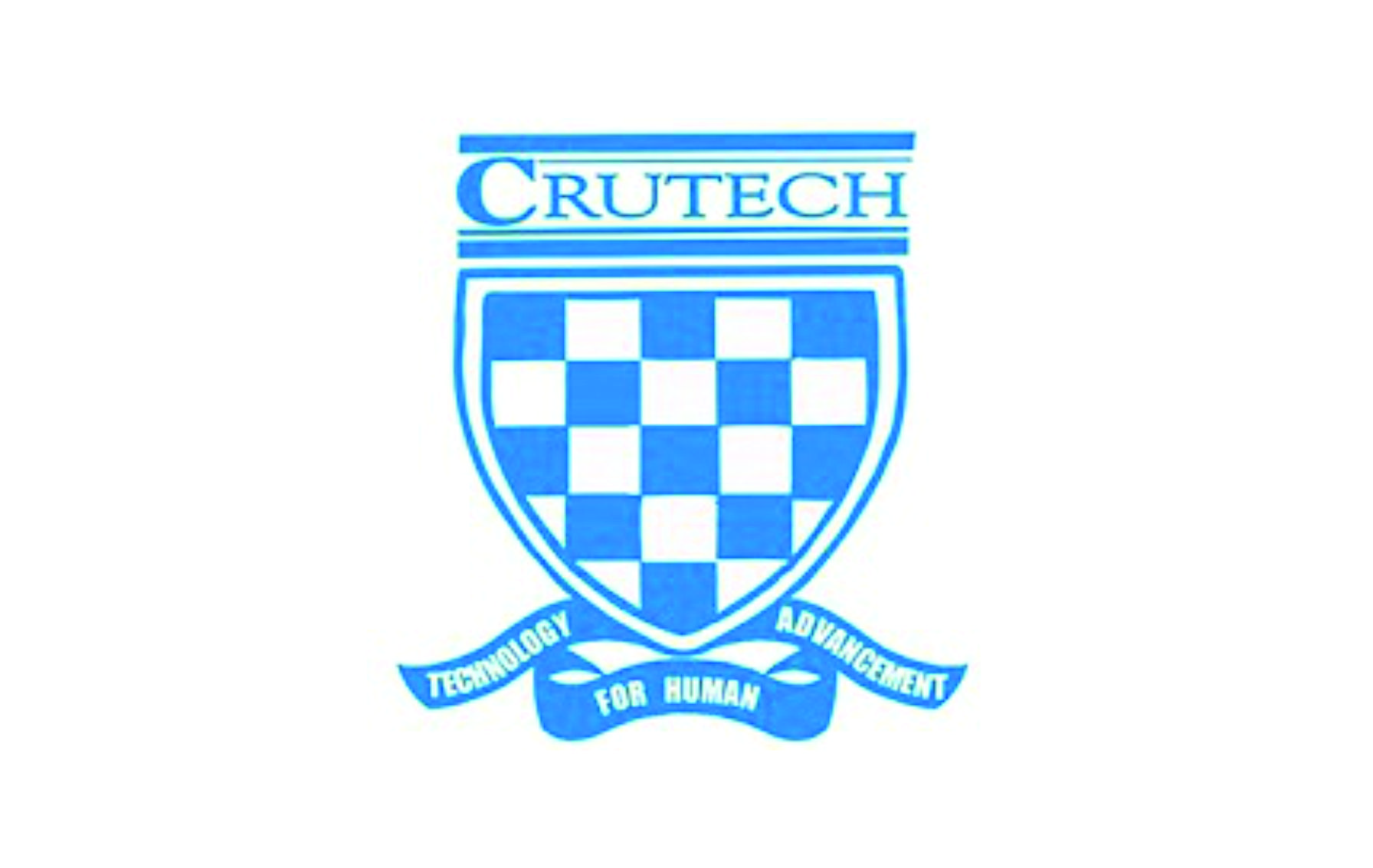Politics
CRSHA Passes Bill For Establishment Of UNICROSS

The state Assembly has passed a bill for a law to establish the University of Cross River State, UNICROSS.
The passage of the bill is sequel to the presentation of the report of the House Committee on Education by its Chairman, RT Hon. Itam Abang.
According to the report, the bill which is sponsored by Member representing Ogoja State Constituency and Leader of the House, Rt Hon. Peter Odey seeks to repeal Law No 6 of (2004) which established
Cross River State University of Technology (CRUTECH) to change the nomenclature of the university from CRUTECH to UNICRoSS.
The committee chairman stated that, the Law which established CRUTECH known as Law no 6 of 2004 was passed by the State Assembly on August 5, 2004 and assented to by the then Governor, Donald Duke, adding that the Law was later amended in May 2008 and passed into law in September 26, 2008 having been assented to by the then Governor, Liyel Imoke.
She noted that even with the amendment, CRUTECH was limited in scope in terms of programmes and courses, adding that the name restricts the university from offering courses that are not technologically based as well as hinders the National Universities Commission from accrediting courses in other fields of academics to carter for the needs of the teeming youths seeking admission in the state.
A majority of the members voted for the passage of the bill, noting that there was urgent need to repeal the existing law and change the institution from a University of Technology to a conventional university to provide better access to university education for more Cross Riverians and also prevent the delisting of non-technical courses by the NUC.
Politics
LP Crisis: Ex-NWC Member Dumps Dumps Abure Faction
Mr Ojukwu, who recently returned to the interim National Working Committee led by Senator Esther Nenadi Usman, noted that the party had 34 elected members in the House of Representatives, eight Senators, and 80 members at the state Houses of Assembly after the 2023 general elections.
“Now we lost all of them,” he said. “I don’t think we have as many as five members in the National Assembly.”
The former national officer of the LP talked to journalists in Abuja and said he chose to join the caretaker committee led by Senator Nenadi-Usman because they are now the officially recognized leaders of the Party.
“I chose to work with the caretaker committee to help save the Labour Party, for the benefit of the party. I also want to use this chance to ask my colleagues at the national, state, and local government levels to come together and help rebuild our party.
“Another election is around the corner. We lost everything we have. They have left to other political parties. So I’ll reach out to all my friends in the other group to get together and work on making this party stronger again.
“The caretaker committee has formed a reconciliation committee. Let’s come together and talk so that we can restore the first opposition political party in Nigeria.”
Mr Ojukwu, who was part of the Julius Abure’s group, said there are no more factions in the LP.
He added, “There is a court ruling, and since it is valid, the right people are in the correct positions.”
He urged Barr Abure and others to drop the legal cases they have filed because they are not helping the party.
“Litigations are killing political parties”, he said. “They’ve seen many political parties disappear because of legal battles, and the Labor Party is losing support every day, which makes me feel sad.”
Mr Ojukwu said he did not think joining the Senator Nenadi-Usman’s NWC was a betrayal of the Abure group, describing himself as “the oxygen” of that faction.
“I’m with this group because of the verdict. But I never betrayed anybody. Rather, I was betrayed,” he added.
Politics
2027: NIGERIANS FAULT INEC ON DIGITAL MEMBERSHIP REGISTER DIRECTIVE
Politics
IT’S A LIE, G-5 GOVS DIDN’T WIN ELECTION FOR TINUBU – SOWUNMI
-
Politics3 days ago
2027: NIGERIANS FAULT INEC ON DIGITAL MEMBERSHIP REGISTER DIRECTIVE
-

 Environment3 days ago
Environment3 days agoLAWMA Director Says Sweeping Reforms Have Improved Waste Collection
-
Politics3 days ago
LP Crisis: Ex-NWC Member Dumps Dumps Abure Faction
-

 Politics3 days ago
Politics3 days agoUmahi Dismisses Allegations On Social Media, Insists On Projects Delivery
-

 Sports3 days ago
Sports3 days agoAbia Not Sure To Secure continental Ticket
-
Sports3 days ago
La Liga: Yamal Records First Career Hat-trick
-
Politics3 days ago
NATASHA ELECTRIC VEHICLES INITIATIVE IN KOGI CENTRAL
-

 Sports3 days ago
Sports3 days agoPSG Extend Lead In Ligue 1

